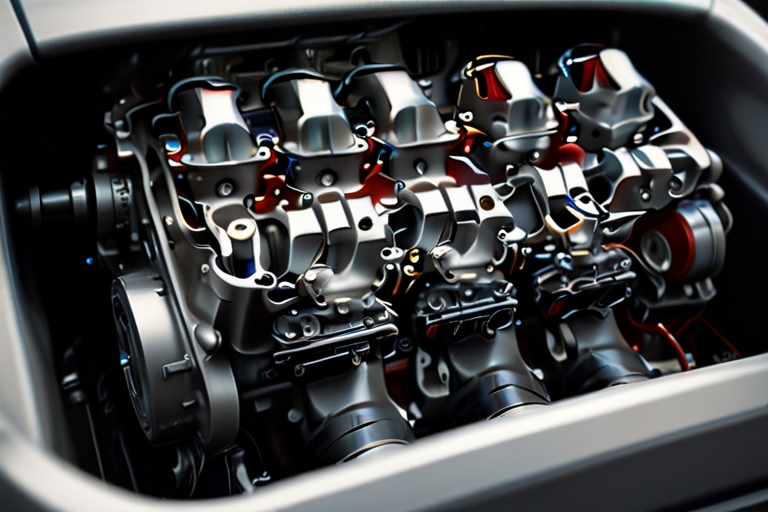The change is already on the horizon thanks to the innovations in the field of technology as well as the growing concerns regarding the environmental pollution that would cause the entire automobile sector to shift from conventional motors. Here’s a glimpse into how car engines are expected to evolve in the future:Here’s a glimpse into how car engines are expected to evolve in the future:
Electric Power: With the current demand for cleaner operations and decarbonisation, EVs will be one of the leading vehicles to be used in the future. The electric motors provide instant torque and silent thrusters and no-tailpipe let out as compared to other traditional internal combustion engines.
Hybridization: In light of these concerns, some manufacturers have begun introducing ‘ Mild Hybrid ‘ vehicles into the market. The hybrid power trains are more efficient when it comes to fuel usage than ordinary cars, they also arent as environmentally unfriendly and they drive further than ordinary gasoline cars.
Fuel Cell Technology: An additional important prospect for alternative engines is represented by hydrogen fuel cell cars. Fuel cells are able to produce energy through a process known as electrochemical process, through hydrogen and oxygen which produces water in vapor form. Fuel cell vehicles come with impressive ranges and fast refueling, so let’s say they will work for long-distance travel.
Efficiency Improvements: Regardless of the propulsive mode that it is using in the future, all car engines will be diligently working towards improving efficiency in order to improve fuel economy and minimizing pollution. This entails various changes from the engine itself to the use of lightweight metals and even the aerodynamic parts and the method through which energy is recovered.
Autonomous Features Integration: Nowadays, engines of cars might undergo changes as the car engines are going to help the car to provide autonomous assistance during driving process like adaptive cruise control, lane-keeping assistance, and self-parking features. These features can only be implemented through the use of intelligent engine management systems that do not cause incongruency with the whole vehicle system.
Digitalization and Connectivity: The future car engines will feature the digitalization and connectivity capability; this includes real time for data acquisition and assessment, remote diagnosis for vehicle condition and also for solving issues of engine in vehicle with the aid of software update. This is helpful to the manufacturers so that they can control the performance of the engines, ensure the safety of the drivers and also offer customization for the driving programs.
The future trends in the development of car engines include adopting the use of electricity, increasing efficiency of the car engine and improvement of connectivity of such car engines with other advanced tools. The automotive industry is rapidly becoming highly innovative and environmentally friendly, and cars will have to evolve even more to meet the needs of the future.

